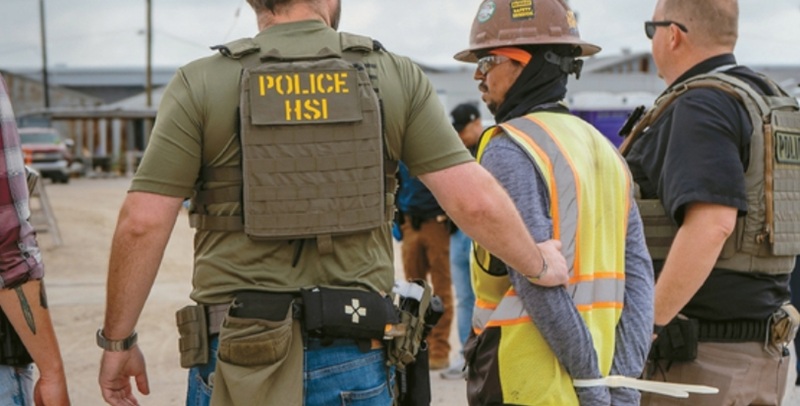As immigration enforcement intensifies across the U.S., a new bipartisan immigration reform bill has been introduced that could provide temporary work authorization to undocumented immigrants under strict conditions. If passed, the proposal would mark a significant shift in immigration policy.
On July 15, Rep. Maria Elvira Salazar (R-Fla.) and Rep. Veronica Escobar (D-Texas) announced the introduction of the Dignity Act of 2025 (H.R. 4393). The bill aims to grant qualified undocumented individuals legal work status for up to seven years, along with limited travel privileges, provided they meet specific requirements.
Under the proposal, undocumented immigrants who have been living in the U.S. since before December 31, 2020, may apply for the so-called “Dignity Program.” However, eligibility depends on fulfilling several conditions:
-
Payment of a $7,000 immigration law violation penalty
-
Proof of tax compliance
-
Passing a criminal background check
-
Enrollment in health insurance
-
Biannual reporting to the Department of Homeland Security (DHS)
-
Maintaining paid employment for at least four out of the seven years
Only those who meet all conditions would be eligible to renew their status after seven years.
Rep. Salazar said the bill is designed to bring millions of undocumented residents “out of the shadows,” emphasizing that the U.S. is a “nation of laws and second chances.”
The undocumented worker permit bill does not provide a pathway to citizenship. The program would be funded through penalties and application fees, not taxpayer dollars.
Rep. Escobar noted that those who choose not to apply for the program would face removal under the bill. It also includes enhanced border enforcement provisions, including a penalty of up to 20 years in prison for those who reenter the U.S. illegally after deportation.
H.R. 4393 includes several additional measures:
-
Conditional permanent residency for DACA recipients with no criminal record, valid for up to 10 years
-
Creation of a 90-day “family visit visa” allowing green card holders and citizens to host overseas relatives for weddings or funerals
-
Establishment of a new agency to reduce immigrant visa backlogs to no more than 10 years
-
Mandatory use of an Employment Eligibility Verification System (EEVS) by all employers
-
Up to five years’ imprisonment for non-citizens found guilty of voting in U.S. elections
The bill has drawn bipartisan support, including from Rep. Young Kim (R-Calif.), Rep. Adriano Espaillat (D-N.Y.), Rep. Mike Kelly (R-Pa.), and Rep. Jake Auchincloss (D-Mass.), with 20 co-sponsors in total.
BY YEOL JANG [jang.yeol@koreadaily.com]





![Tesla Diner loses buzz six months after splashy opening in Hollywood Around noon on February 13, the Tesla Diner appears relatively quiet. [Sangjin Kim, The Korea Daily]](https://www.koreadailyus.com/wp-content/uploads/2026/02/0218-Tesla-1-100x70.jpg)